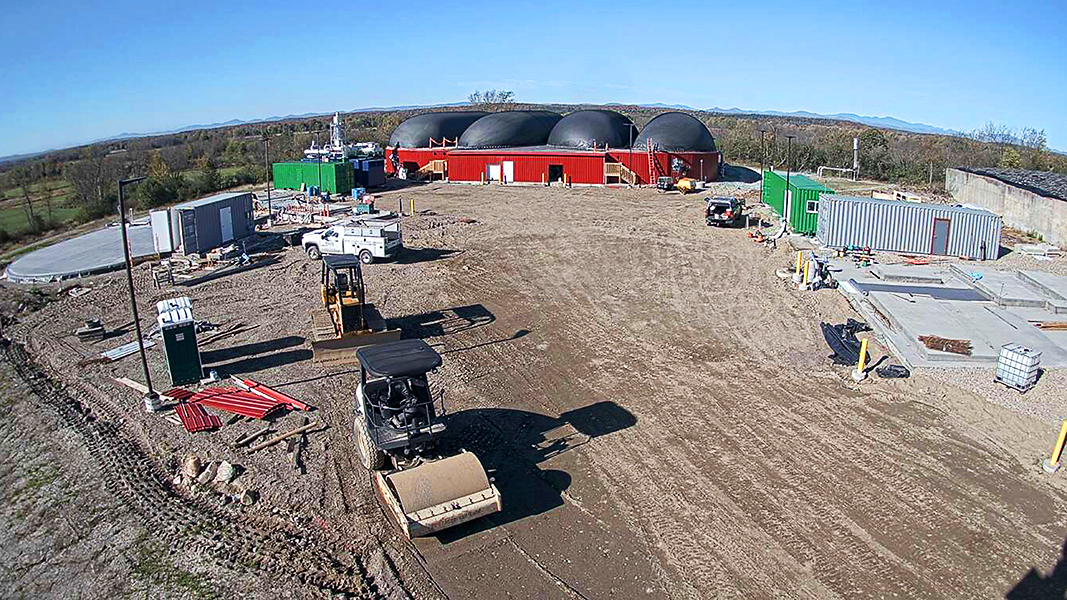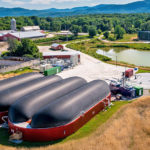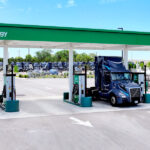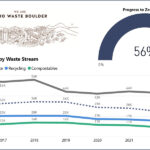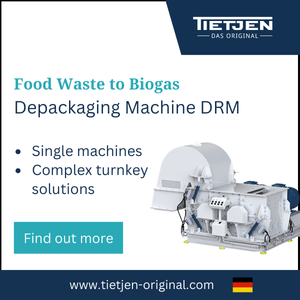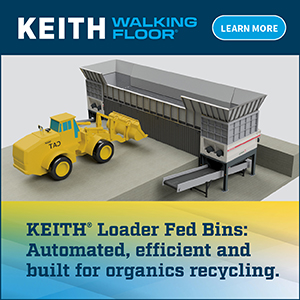Energy Vision, a nonprofit research institute that studies and promotes viable decarbonization technologies for energy and transport, held its 14th Annual Awards on October 9. The awards are presented for leadership and innovation in sustainability to help advance adoption of renewable natural gas (RNG), a low-carbon fuel made from organic waste. “RNG is not ‘on the horizon;’ it’s a here-and-now technology, scaling fast,” said Joanna Underwood, Energy Vision’s founder and trustee. “The RNG industry has been growing rapidly over the last decade. The more methane we capture and use, the more emissions go down.” In the U.S., 130 RNG-producing projects are currently operational, and another 80 are under development. And more than 40,000 heavy-duty vehicles are already using this fuel, added Underwood.
The first awardee, the New York Metropolitan Transportation Authority (MTA), has the largest transit bus fleet in the U.S. It has committed to switching its more than 700 compressed natural gas buses from fossil gas to RNG. “Switching our bus fleet to RNG will reduce greenhouse gas emissions by up to 40,000 tons per year — the equivalent of taking 5,000 cars off the road,” noted Craig Cipriano, president of the MTA Bus Company and Senior Vice President of New York City Transit Department of Buses.
The next awardee, the Port of Seattle, owns and operates Seattle-Tacoma International Airport (SEA-TAC), which was a top 10 U.S. airport in 2019. It began purchasing RNG from Wisconsin-based US Gain on October 1, using it to power its shuttle buses and heat airport buildings. SEA is the first airport in the U.S. to switch from natural gas to RNG in its boilers to heat its terminal. “The carbon footprint of our airport operations is dominated by natural gas combustion,” said Stephanie Meyn, the Port of Seattle’s Climate Program Manager. “Our natural gas boilers are responsible for 80% of the airport’s carbon footprint and we don’t have a simple solution for replacing them in the near future.” The Port has a goal of 50% reduction in carbon emissions by 2030. “Thanks to this RNG contract, we’re meeting the goal a decade early,” Meyn added.
The third awardee, Vanguard Renewables, works with farmers, food and beverage manufacturers, food retailers, institutions and utilities to collect food waste, combine it with dairy manure in anaerobic digesters, and convert it into RNG or renewable electricity and vehicle fuel. It has developed and operates 6 anaerobic digesters and an Organics Recycling Facility. A new digester on the Goodrich Dairy Farm in Middlebury, Vermont (construction site shown in top photo) will convert both food waste and dairy manure to RNG to help power Middlebury College as part of the school’s commitment to achieving a carbon-neutral campus. Vanguard recently announced major partnerships with Dairy Farmers of America and Dominion Energy to build and operate a network of manure-only digesters and codigestion facilities across many states. Through its lead investor Vision Ridge, Vanguard and its partners have committed to raising and deploying $1 billion to convert dairy manure to RNG. “Organic waste has two pathways,” said John Hanselman, Vanguard Renewables’ chair and CEO. “One ends up being a dangerous GHG contributor, and the other is a pathway to renewable energy and regenerative agriculture. We are delighted to empower that second pathway.”


